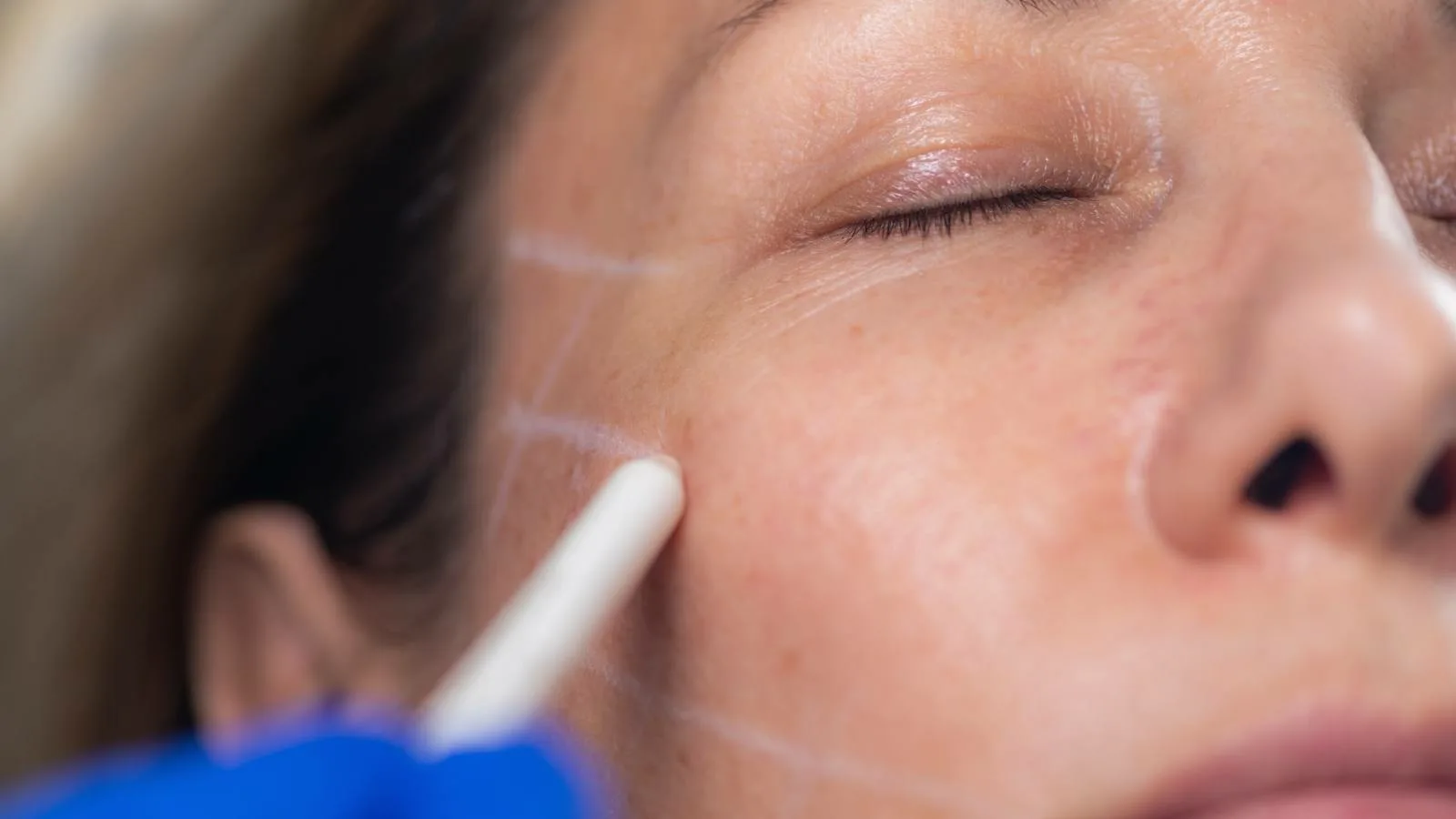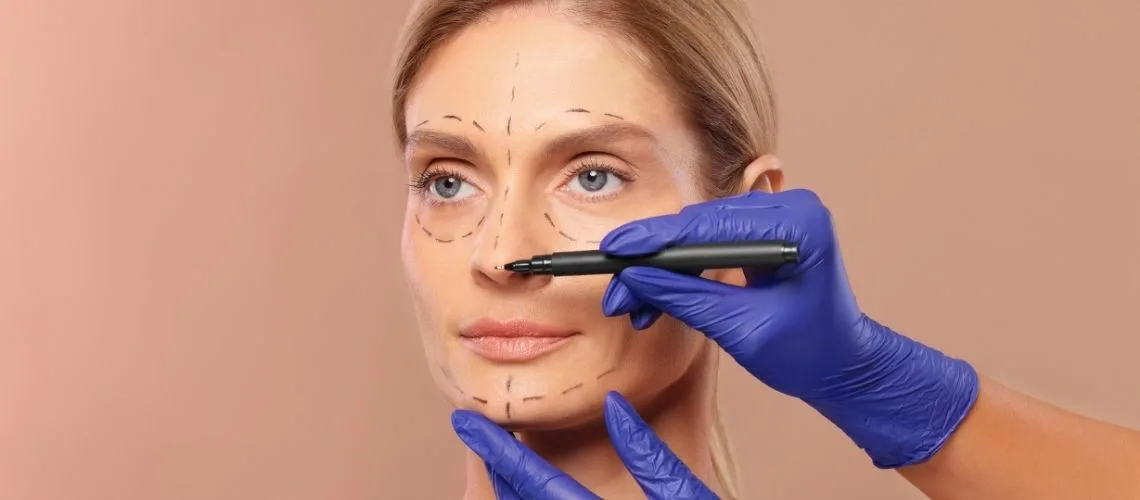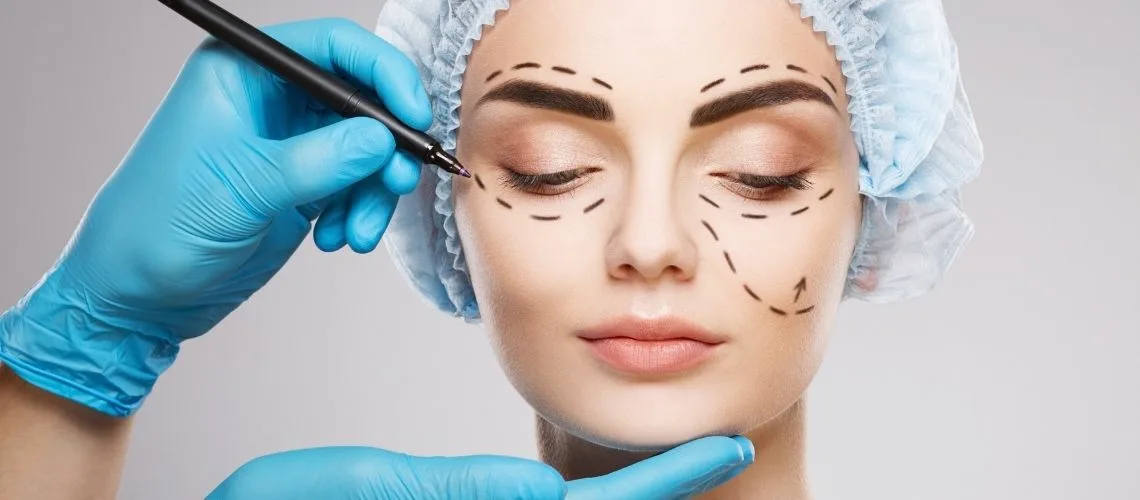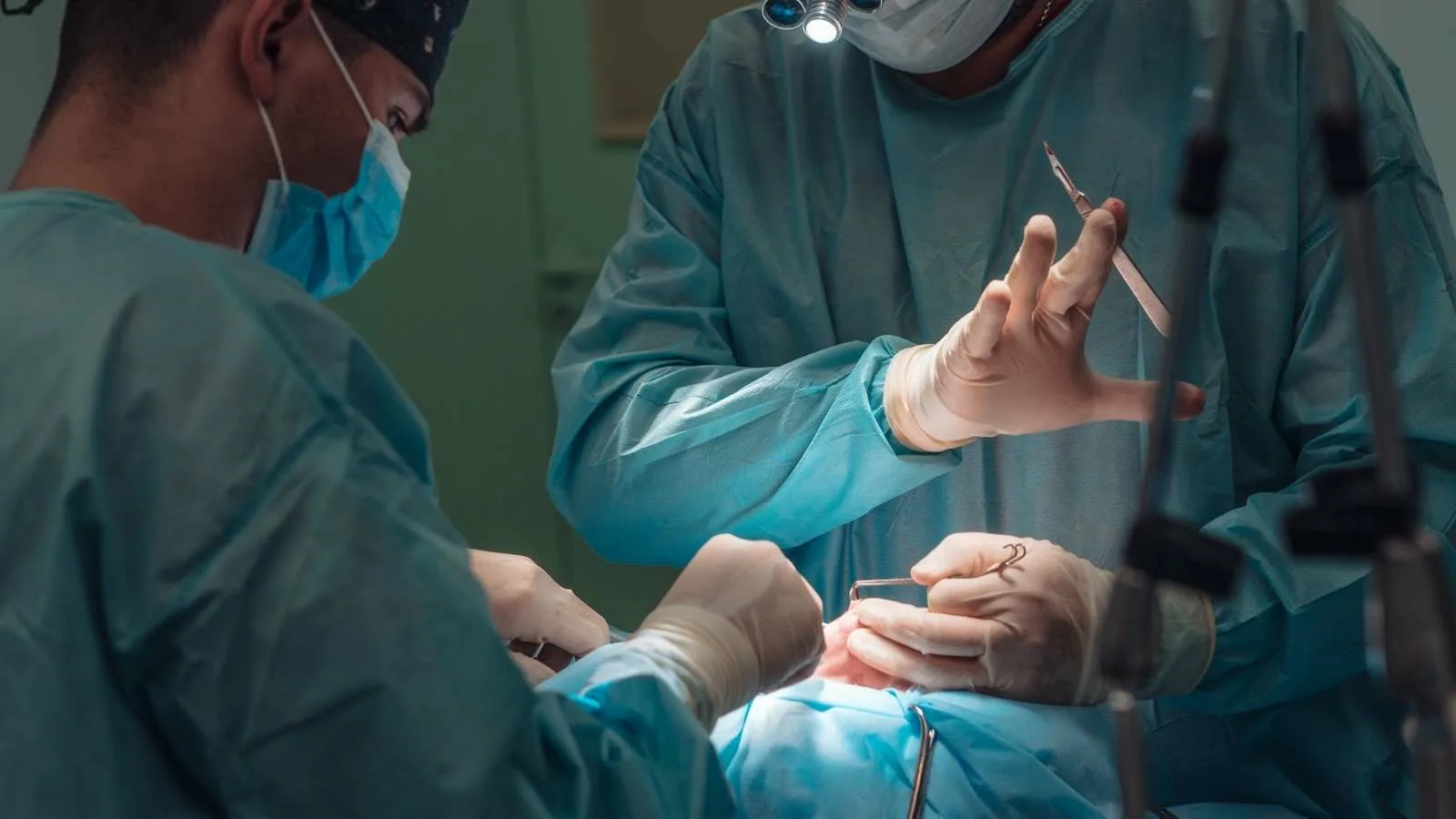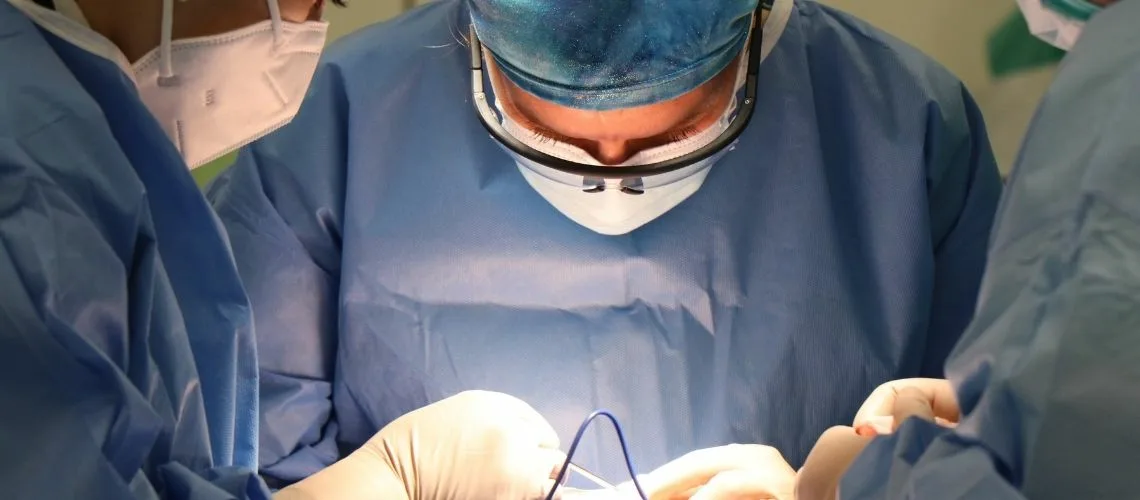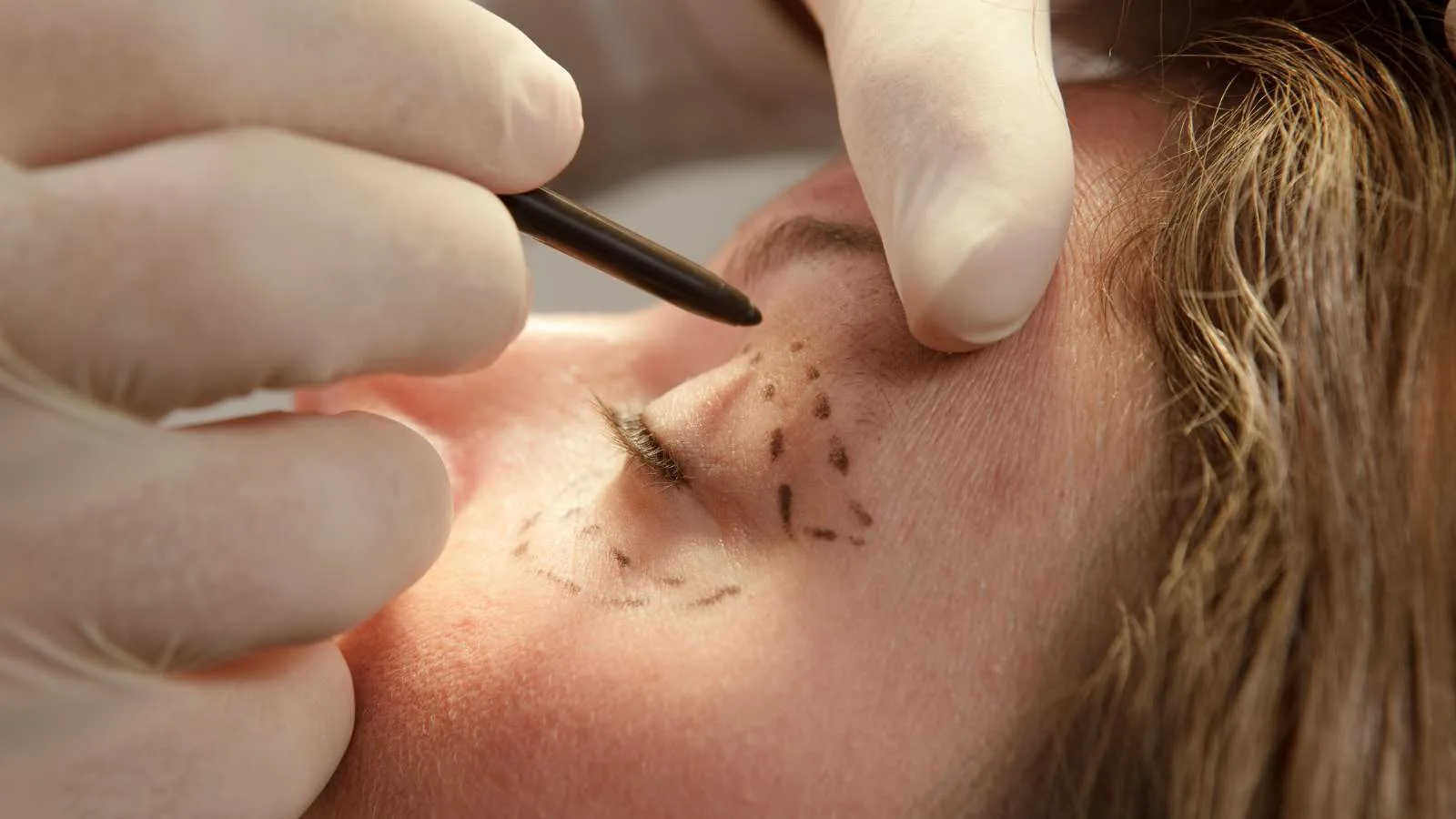Pre-operative preparation is crucial for safe and successful surgery. It includes medical evaluations, laboratory tests, and lifestyle adjustments to minimize risks and optimize surgical outcomes.
Medication management is a key aspect of preparation. Patients may need to discontinue blood thinners, avoid certain supplements, and adjust existing treatments under medical supervision.
Lifestyle modifications such as quitting smoking and limiting alcohol are strongly recommended. These measures improve circulation and tissue healing, reducing postoperative complications.
Nutritional readiness, adequate rest, and mental preparation are equally important. Proper hydration, balanced diet, and stress management enhance resilience and support smooth surgical recovery.
What Are the Fundamental Steps to Follow Before Surgery?
The preparation process for cosmetic surgery can be likened to the warm-up exercises you do before starting any sport. By “warming up” your body and mind properly before entering surgery, you can reduce the risks that may arise during and after the operation and speed up recovery. After all, even an athlete whose single leg has not warmed up sufficiently is more prone to injury while running. In the same way, a body and mind that have not been well prepared beforehand may have difficulty healing.
A comprehensive health evaluation is one of the cornerstones of preparing for cosmetic surgery. Discussing in detail any past illnesses, chronic conditions you might have, medications you take regularly, and hereditary diseases in your family allows you to approach the operation process more confidently. Based on this information, it is possible to understand your body’s operation-related risks and, if necessary, request additional tests.
Habits that may seem trivial in daily life can become very important before surgery. For example, regular alcohol consumption or smoking can negatively affect wound healing. Likewise, a sedentary lifestyle can increase the risk of post-operative complications. Therefore, reviewing your lifestyle in the pre-surgery period and adopting healthy habits will also support the permanence of the results you will achieve later.
The cosmetic-surgery process is personal. A method that works very well for a friend may not be suitable for you. Every body has a different story and reacts differently. Therefore, obtaining professional advice that offers recommendations tailored to your health status and needs is the best approach.
When you seek a change in your appearance, clear and realistic expectations help prevent disappointment. Remember: although cosmetic surgery improves the external look, it will not fundamentally change your body structure and genetic features. Instead of expecting to “become a completely different person overnight,” aiming for “a healthier, more balanced appearance” leads to far healthier results.
Why Is Hydration Important Before Surgery?
Water is not only the source of life; it becomes one of the most essential supports the body needs before and after cosmetic surgery. If we liken the body to a garden, water is the most important resource that constantly irrigates this garden and keeps the soil fertile. Adequate hydration keeps your body “lush and resilient” like a green garden throughout the surgical period.
After any surgical procedure, the body naturally activates more repair mechanisms. These mechanisms need plenty of fluids to heal tissues, close wounds, and ideally make scars less noticeable. A well-regulated, active blood flow means a faster recovery. Conversely, when fluid intake is insufficient, blood flow slows and tissue oxygenation becomes more difficult.
Hydration plays a key role in eliminating accumulated waste products and toxins through the kidneys. Especially after surgery, water intake is critical for clearing remnants of anesthesia drugs, painkillers, or antibiotics. Thus, the body’s burden is lightened and recovery becomes easier.
Human skin is the body’s largest organ and one of the areas most directly affected during surgery. When your skin is well hydrated, it maintains its elasticity and looks healthier and brighter. Faster healing of surgical scars and quicker “bounce-back” of the skin are directly linked to adequate water consumption.
Although water intake is very beneficial, you may be asked to stop all solid and liquid intake (nil per os rules) a certain time right before the operation. This is to reduce risks that can occur during anesthesia. Nevertheless, many doctors allow the consumption of clear liquids until a few hours before surgery. It is important to act considering your personal situation and to know the right timing.
How Does a Balanced Diet Support Surgical Outcomes?
Diet is not only about weight control. Foods are the primary sources where proteins, carbohydrates, fats, vitamins, and minerals—the building blocks of the body—come together. If we liken the body to a sturdy building, every nutrient consumed is like a brick that keeps the building standing. Following a balanced diet before cosmetic surgery supports the construction of this building and accelerates recovery afterward.
- Proteins are key building blocks of wound healing after surgery. They play vital roles in collagen production, immune-system activation, and tissue repair. Increasing protein intake through foods such as fish, chicken, turkey, eggs, dairy products, and legumes makes the post-surgery “repair workshop” work faster.
- Omega-3 fatty acids found in foods like fish (salmon, sardines), walnuts, and flaxseed help regulate the body’s inflammatory response. Since a surgical procedure is considered an injury, these healthy fats aid the rapid resolution of swelling and inflammatory reactions that occur after the operation. They also contribute to preventing complications that might negatively affect recovery by protecting cardiovascular health.
- Vitamin C supports collagen synthesis; vitamin A improves skin integrity and wound healing; B-complex vitamins are crucial for energy metabolism; and minerals like zinc strengthen immunity. Focusing on natural sources such as vegetables and fruits, whole grains, and nuts makes it easier to obtain these micronutrients.
Efforts to lose weight before surgery can sometimes lead to overly restrictive diets. However, such diets often prevent the body from getting the nutrients it needs, and entering surgery with a weakened metabolism can delay healing. Therefore, adopting a balanced and sustainable eating plan rather than “crash diets” is the healthiest approach.
What Is the Role of Reaching Your Target Weight Before Surgery?
Think of the body as a musician: if the musician does not tune their instrument properly before going on stage, no matter how good the performance, the result will not be as satisfying as desired. Reaching your target weight before cosmetic surgery is like tuning the instrument. Excess weight or sudden weight changes can pose various challenges for both the pre- and post-operative periods.
Being overweight or obese increases the risk of complications during anesthesia and surgery. The extra load on the cardiovascular system raises the chance of unexpected issues arising during the operation. Being excessively underweight can also weaken the body’s defense mechanisms. Therefore, being neither very overweight nor very underweight minimizes unwanted surprises during and after surgery.
Experiencing weight changes after surgery can alter or compromise the aesthetic results achieved. For example, if you gain a lot of weight after liposuction performed to shape your body, the visibility of the surgical contour can diminish. The same applies to procedures such as breast or tummy-tuck surgery. Achieving and maintaining your target weight before surgery solidifies the final appearance of the operation.
Weight-loss processes usually require planning, discipline, and determination. The healthy habits and mental strength gained during this process also make your post-operative recovery easier. For instance, if you have started exercising regularly, you will adapt more quickly to light activities such as gentle walking after surgery. In addition, entering cosmetic surgery after reaching your ideal weight can help you feel more prepared both physically and mentally.
Why Is It Important to Avoid Smoking and Alcohol Before Surgery?
Just as a gardener needs to prune plants, spray them, aerate the soil, and provide adequate nutrients, smoking and alcohol consumption are like pouring chemical waste into this garden. While your body prepares for surgery, these substances slow it down, weaken it, and invite unexpected problems.
Smoking carries harmful substances such as nicotine and carbon monoxide into the bloodstream. These substances constrict blood vessels, making it difficult for tissues to get the oxygen they need. Oxygen-deprived tissues heal more slowly, and wounds sometimes do not close as quickly as desired. Moreover, the risk of infection increases and serious complications such as tissue necrosis can develop. Quitting smoking during the pre-operative period helps normalize oxygen levels and strengthens the body’s defense mechanisms.
Alcohol poses different risks in both the pre- and post-operative periods. It can especially affect the blood-clotting mechanism and cause more bleeding than expected during and after surgery. It also suppresses the immune system, increasing the risk of infection. While the liver focuses on processing alcohol, it deprioritizes other vital functions, leaving the body weakened.
Both smoking and alcohol increase the risk of anesthesia-related complications. Smokers are more likely to experience heart attack, stroke, and respiratory problems, while alcohol users face more unpredictable interactions with anesthetic drugs. This complicated picture can also make post-operative pain management more difficult. In addition, smoking and alcohol increase inflammation and dehydration in the body after surgery, extending the recovery time.
What Questions Should You Always Ask Your Surgeon Before Surgery?
Obtaining all information about the operation is like studying the routes and accommodation options while planning a trip. This prevents unexpected surprises and worries during your journey. Asking your surgeon which questions to address before cosmetic surgery increases your awareness of the process and helps you relax.
Your surgeon’s level of expertise in cosmetic surgery and the variety of operations previously performed are significant factors in the success of your surgery. Asking questions about the types of procedures they frequently perform, their complication rates, or their success statistics can clarify your expectations.
Technical details such as the duration of the operation, the type of anesthesia, which incisions will be made, and which techniques will be used help you form a clear mental picture of the operation. These questions also allow you to learn about the accreditation of the hospital or medical facility where the surgery will be performed and the conditions under which they operate.
Each surgical procedure has a different recovery time, and learning what you might experience during this period also prepares you psychologically. Questions about how long swelling, bruising, and pain will last, when you can return to normal life, and which situations require immediate intervention should definitely come up.
Cosmetic surgery is generally excluded from insurance coverage. Therefore, knowing the full costs of the surgery (operating room, anesthesia, potential revisions, and medications) in detail is useful for financial planning. It is also important to ask how much any revision that might be needed later would cost.
How Important Is Psychological Preparation Before Surgery?
The mind is the invisible hero of the surgical process. Sometimes your body may be ready for surgery, yet your mind may not have accepted this major change. This can lead to dissatisfaction, anxiety, and even regret after the operation. Just as the amount of rehearsal backstage determines the success of a stage performance, psychological preparation before cosmetic surgery enhances the “onstage” performance of your body and the satisfaction you feel.
It is very important to remember that cosmetic surgery is not a magic wand. If you believe that surgery will solve all your problems, you may face disappointment afterward. Being aware of both your physical limits and the limitations of the surgery supports your psychological comfort after the operation. Sometimes, by taking a counseling or psychotherapy session, it is possible to clarify worries and expectations about the surgery.
The fear and anxiety felt before surgery raise the body’s stress hormones. These hormones increase heart rate and blood pressure while weakening the immune system. Excessive stress can make the surgery itself riskier and lengthen the healing period. Relaxation techniques, breathing exercises, and professional help when necessary reduce anxiety and help you face the operation with a healthier state of mind.
Emotional support from your close circle makes it easier to get through the surgical process. Having a friend or family member with you before and after surgery allows you to avoid feeling alone and to get help when needed. Thus, without having to shoulder daily chores alone, you can focus more comfortably on recovery.
What Pre-operative Care Instructions Should You Follow?
Preparations made before painting a wall at home ensure that the paint adheres to the wall in the best way. Likewise, basic care steps to be applied before surgery reinforce the success of the procedure and increase the comfort of the recovery period. These simple but effective steps can be thought of as your “pre-surgery routine.”
It is very important to keep surgical areas free of microbes. Generally, taking a shower with antibacterial soap the day before surgery or the morning of surgery is a good method. It is also recommended not to leave lotion, cream, or makeup on the skin. If an operation will be performed on the face or the scalp area, clean hair reduces the risk of infection.
Your body movements may be restricted after surgery. Particularly after procedures that affect your arm area, pulling tight clothes over your head can be difficult. Choosing button-down or zippered, loose, cotton clothing increases comfort. In this way, you will not struggle during dressing changes or when going to the bathroom.
An oxygen-saturation clip is usually placed on the finger. Nail polish, nail extensions, or artificial nails can prevent accurate measurement. Jewelry such as rings, necklaces, and bracelets can also represent unnecessary risks during surgery. Therefore, minimizing the use of polish and jewelry on the day of surgery is a good choice.
If you take medication regularly due to a chronic condition, you must share this with the relevant specialists. Some medications may need to be stopped or changed before surgery. Similarly, herbal supplements or vitamins may need to be controlled because they can affect bleeding risk. In addition, having any prescription medications you might need after the operation (painkillers, antibiotics, etc.) ready at home makes the recovery period more comfortable.
How Do Nil per Os Rules Affect Surgical Success?
Nil per os rules refer to abstaining from eating and drinking for a certain time before surgery. This is like the necessity of obeying traffic rules before driving a car. Knowing and applying the rules is critical for the safety of both you and the surgical team. Otherwise, it can lead to a dangerous situation, like “running a red light.”
- The Importance of an Empty Stomach
During anesthesia, there is a risk that stomach contents may flow into the mouth or lungs (aspiration). This can be especially dangerous under general anesthesia. An empty stomach greatly reduces this risk and makes anesthesia safer.
- The Disadvantages of Excessive Fasting
There is a balance to fasting before surgery. Prolonged fasting can lead to excessively low blood sugar and put the body under stress. Dehydration can reduce blood flow and slow circulation. In recent years, many specialists have adopted more rational “short-fasting” models that allow light liquids up to a certain time before surgery instead of very long periods of fasting.
- Patient Comfort and Psychological Impact
Prolonged fasting can be psychologically and physically exhausting. Entering surgery while tense and hungry can increase anxiety. Instead, consuming allowed clear liquids such as tea or water up to reasonable hours helps you feel more relaxed and calm. In this way, the anesthesia and surgical teams can also plan to minimize possible complications.
What Should You Do About Medications and Supplements Before Surgery?
If we think of your body as a chemistry lab, every medication and supplement you take triggers different chemical reactions. To prevent this lab from witnessing “mixed experiments” before cosmetic surgery, it is vital to know which substances need to be discontinued temporarily or permanently.
Medications such as aspirin, ibuprofen, and some arthritis drugs suppress the blood-clotting mechanism. This can increase the risk of bleeding during and after surgery. Similarly, certain herbal supplements such as ginkgo biloba, garlic extract, turmeric, and omega-3 can have the same effect. Therefore, it may be necessary to stop these products for a certain period before surgery.
Multivitamin or high-dose vitamin C supplements generally do not cause problems before surgery. However, taking them in the correct dose and ensuring they do not contain additional additives is essential. For example, vitamin E can also have a blood-thinning effect. Certain minerals that accumulate excessively (such as potassium or magnesium) can cause heart-rhythm problems. Hence, regular monitoring and professional advice are necessary for safe use.
Never attempt to stop medications you take for chronic conditions such as hypertension, diabetes, thyroid disorders, or psychiatric illnesses on your own. Taking them regularly can prevent major complications during surgery. However, when and how you take them must be assessed in detail by the anesthesia and surgical team.
It is crucial to disclose all medications and supplements you use, even herbal teas and similar products. For instance, even a simple cold medicine may contain substances that affect the blood. You know your body best, so sharing every detail—no matter how “insignificant” it may seem—is necessary for a successful surgery.

Op. Dr. Erman Ak is an internationally experienced specialist known for facial, breast, and body contouring surgeries in the field of aesthetic surgery. With his natural result–oriented surgical philosophy, modern techniques, and artistic vision, he is among the leading names in aesthetic surgery in Türkiye. A graduate of Hacettepe University Faculty of Medicine, Dr. Ak completed his residency at the Istanbul University Çapa Faculty of Medicine, Department of Plastic, Reconstructive and Aesthetic Surgery.
During his training, he received advanced microsurgery education from Prof. Dr. Fu Chan Wei at the Taiwan Chang Gung Memorial Hospital and was awarded the European Aesthetic Plastic Surgery Qualification by the European Board of Plastic Surgery (EBOPRAS). He also conducted advanced studies on facial and breast aesthetics as an ISAPS fellow at the Villa Bella Clinic (Italy) with Prof. Dr. Giovanni and Chiara Botti.
Op. Dr. Erman Ak approaches aesthetic surgery as a personalized art, tailoring each patient’s treatment according to facial proportions, skin structure, and natural aesthetic harmony. His expertise includes deep-plane face and neck lift, lip lift, buccal fat removal (bichectomy), breast augmentation and lifting, abdominoplasty, liposuction, BBL, and mommy makeover. He currently provides safe, natural, and holistic aesthetic treatments using modern techniques in his private clinic in Istanbul.


